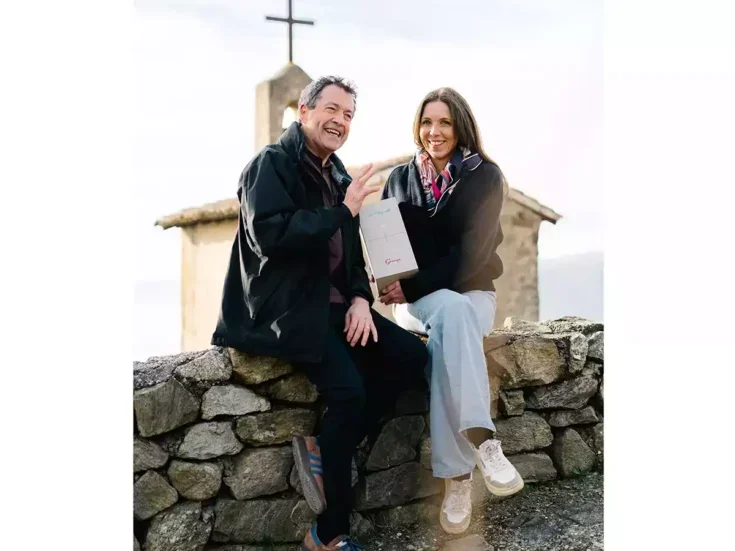
Words are important in conveying meaning.
Not just words but also the supporting cast of commas, full stops, and exclamation and question marks. Place a comma in the wrong place and a totally different meaning can emerge.
“Hang him, not spare him!”
“Hang him not, spare him!”
Precision in use of language, as you can see, can mean the difference between life and death.
The wine world, as far as I am aware, is usually not so bloodthirsty. Yet, I often find the use of the expression “wine collector” strained to the point of popping.
One of the earliest things I collected as a young boy was stamps. I daresay none of us who cultivated the hobby – and not just because we were innocent adolescents – had the remotest thought to ever turn over the little pieces of cherished mementos for a profit.
Sure, some times we swapped stamps with other collectors but it was always with a view of enhancing the range, depth, and personality of our collection. If anyone had suggested to us to amortize those albums, we would have thought it was the devil addressing us.
Allow me now then to play the devil’s advocate.
Would you describe someone with 18,000 bottles of wine as a collector?
I know of wine distributors who don’t have even half of that in stock of trade. And the wines we are talking about here are not generic Bordeaux, Chablis, or Côtes-du-Rhone villages but blue chip wines bluer than the sky above.
So it was that in May 1997, Andrew Lloyd Webber consigned 18,000 bottles of some staggeringly prized, and priced, wines to Sotheby’s for auction. At that time, the composer was 49 years old. If Lloyd Webber had opened one bottle every day, it would have taken another 49 years and 110 days to draw the cork from the final souvenir, perhaps Lafite 1982 or Mouton of the same vintage with that fabulous John Huston label.
By then, Lloyd Webber would have been 98 years young. Hopefully, he would still possess the aim to drill the spiral of the screw-pull into the cork, and the sprite and spunk of a pussycat to pull it out.
Perhaps I am unusually cynical but I find it rather hard to imagine a 49-year-old grown-up getting so carried away with collecting that he lands himself with 18,000 bottles of wine!
Most of us would suffer a blissful heart attack if told so (which is why making a will is important).
Not to mention a theater impresario is someone normally incredibly adept at scrutinizing numbers and forecasting into the future: ‘What long a run can we expect the musical to enjoy?’ ‘What is the seating capacity of the venue?’ ‘How many extra matinees can we put on during the holiday season?’ And so on.
Mind you, even when Lloyd Webber sold 18,000 bottles back in 1997, it was not the entirety of his Aladdin’s cave. I think it also fair that when someone has a cache of more than 18,000 bottles, for “cellar” which was the expression used so liberally in the auction catalog, we should read “warehouse” instead. Words are important.
In January 2011, the “Phantom of The Wine Collectors” struck again.
Admittedly the sale at the Mandarin Oriental Hong Kong was much more modest. This time, it featured a mere 8,837 bottles (still, a bottle a day for 24 years and 76 days).
When added together, the combined total of those two auctions was 26,837 bottles. Lloyd Webber would have had to drink a bottle, every day, for 73 years and 182 days. Going back to the time of the first 1977 auction, he would then be 122 years old, easily the oldest living fossil in the world (outlasting even those Japanese who seem to thrive forever).
In the Aesop classic, “The Boy Who Cried Wolf” lost all credibility and belief the third time he did so.
I don’t know when or if Lloyd Webber will strike again.
When he does, I just hope wine writers and other journalists will stop describing the English peer as a “wine collector.” I feel deeply offended as a fellow wine collector that I have nowhere near anything that Lloyd Webber has sold, let alone possesses.
Simply put, having pocketed £7.2 million from those 26,837 bottles, it’s about time we called a spade a scoop and handed Lloyd Webber that belated but well-deserved accolade of being a first-class “wine investor.”






